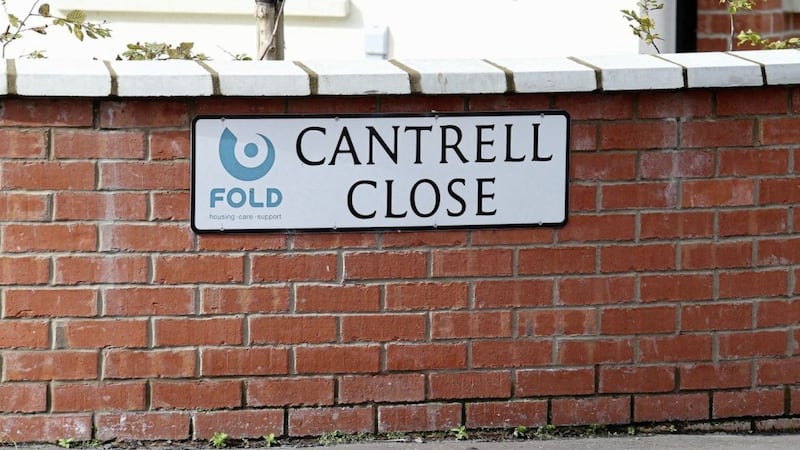MANY will be appalled that in 2017, almost two decades since the Good Friday Agreement, people in the north are still being intimidated from their homes because of their religion.
There has been universal condemnation after several Catholic families in Belfast had to declare themselves homeless following threats of violence blamed on loyalist paramilitaries.
If similar threats happened anywhere else in Ireland or Britain, or indeed the western world, it would likely make international headlines.
Replace the word 'Catholic' with 'black' and 'Northern Ireland' with 'North America' and you'd have the makings of a major scandal.
Unfortunately, despite decades of political power-sharing and relative peace, such reports of intimidation in Northern Ireland are still far from uncommon.
From 2012-15, there were almost 1,300 cases of people presenting as homeless due to paramilitary intimidation, and more than 160 due to sectarian intimidation.
What makes this case more disheartening is how it happened in a housing development specifically aimed at improving cross-community relations and promoting a shared society.
The Cantrell Close neighbourhood in the Ravenhill Road area is part of 'Together Building United Communities' – a multi-million-pound strategy launched by the Stormont executive in 2013.
Just days ago the PSNI and other law enforcement agencies gave a public update on the operations of a task force aimed at tackling paramilitaries.
In just under two years, they have uncovered weapons, and seized almost half-a-million pounds in assets and more than £230,000 worth of drugs.
But despite successes, paramilitary groups remain intact and show no signs of moving on.
Many key players can get away with cashing in as publicly-courted community workers before simply switching hats to pocket gangland spoils.
It is clear that tackling paramilitarism once and for all cannot be resolved by policing alone, and requires more challenge from our political classes.
Read more: Emma Little-Pengelly: I 'offered to remove' loyalist flags from housing scheme








